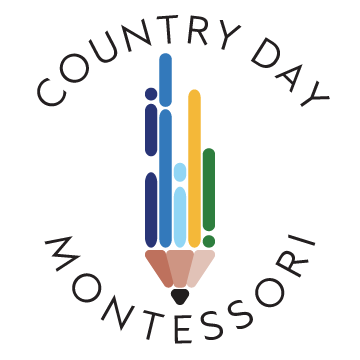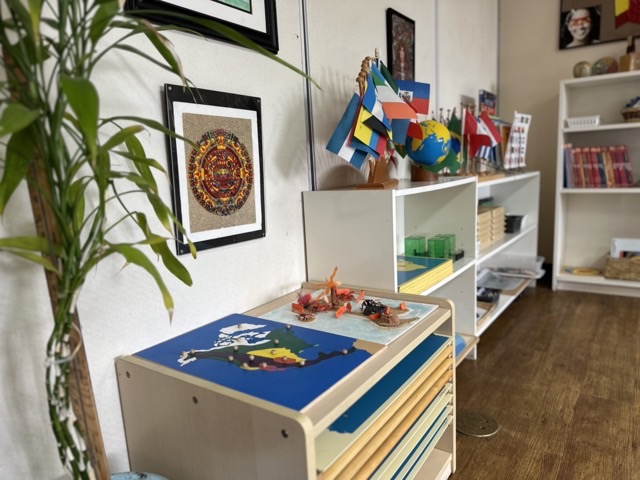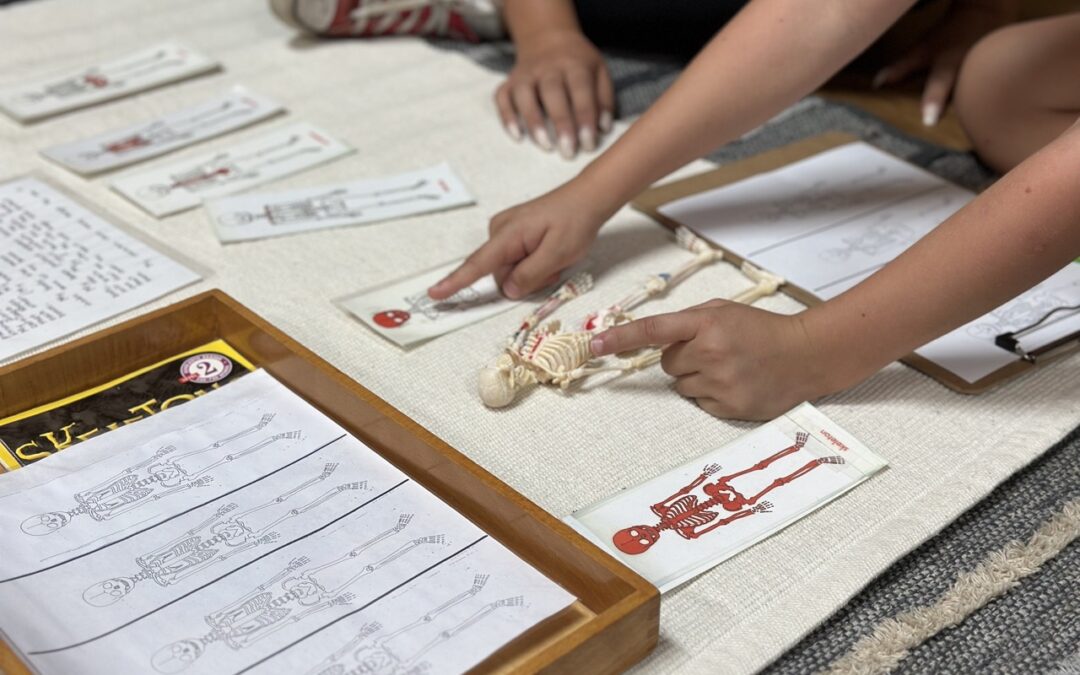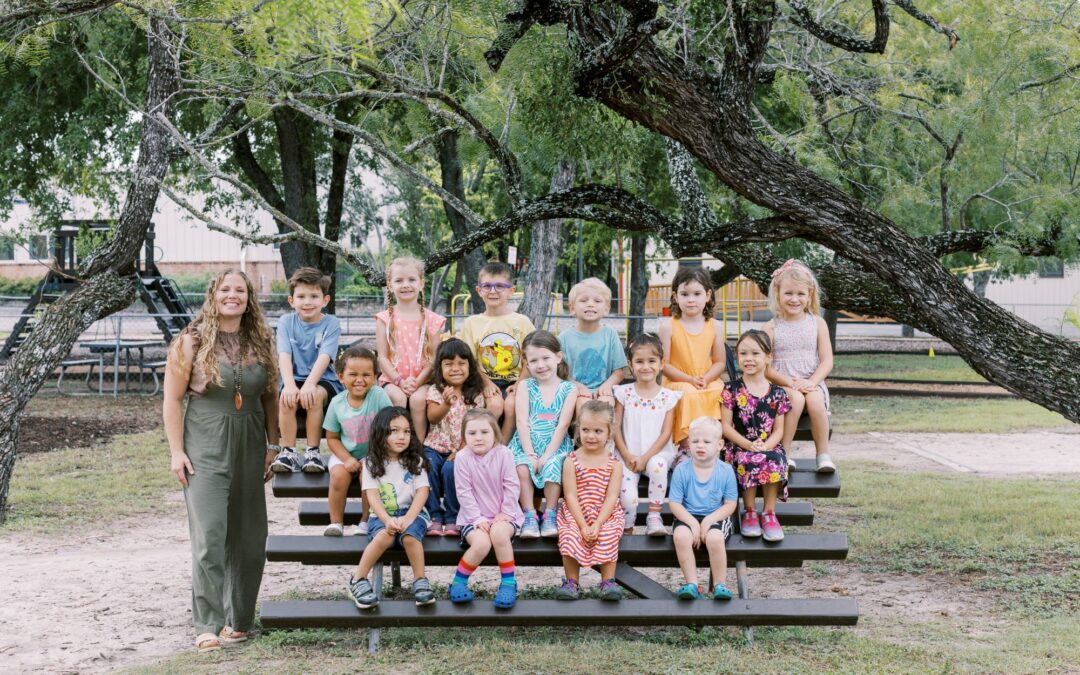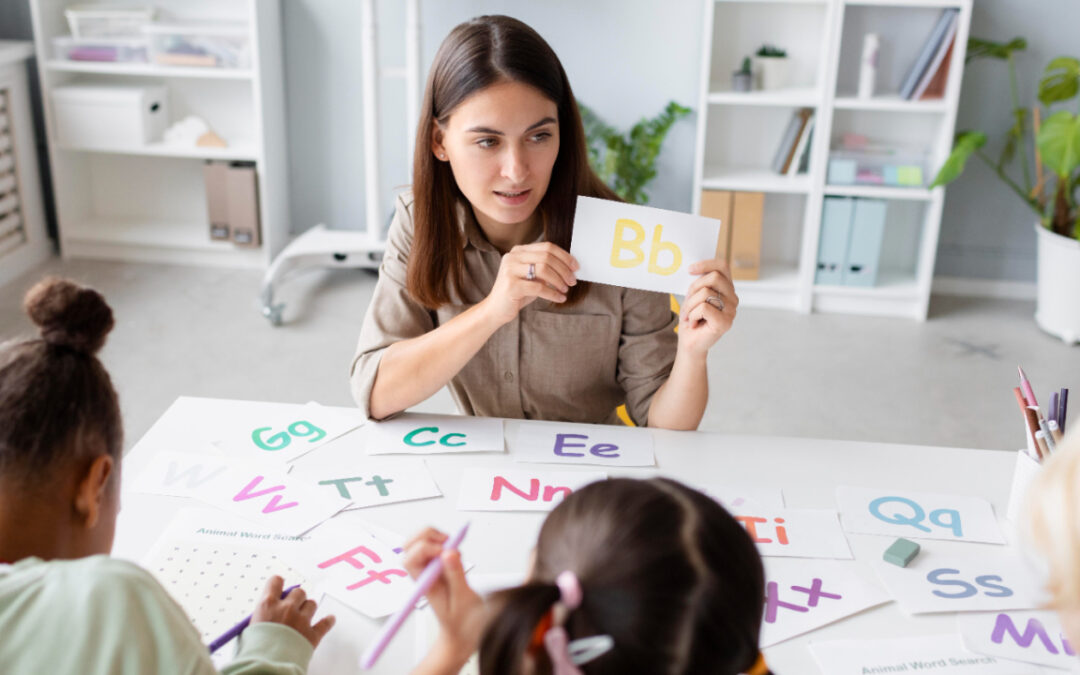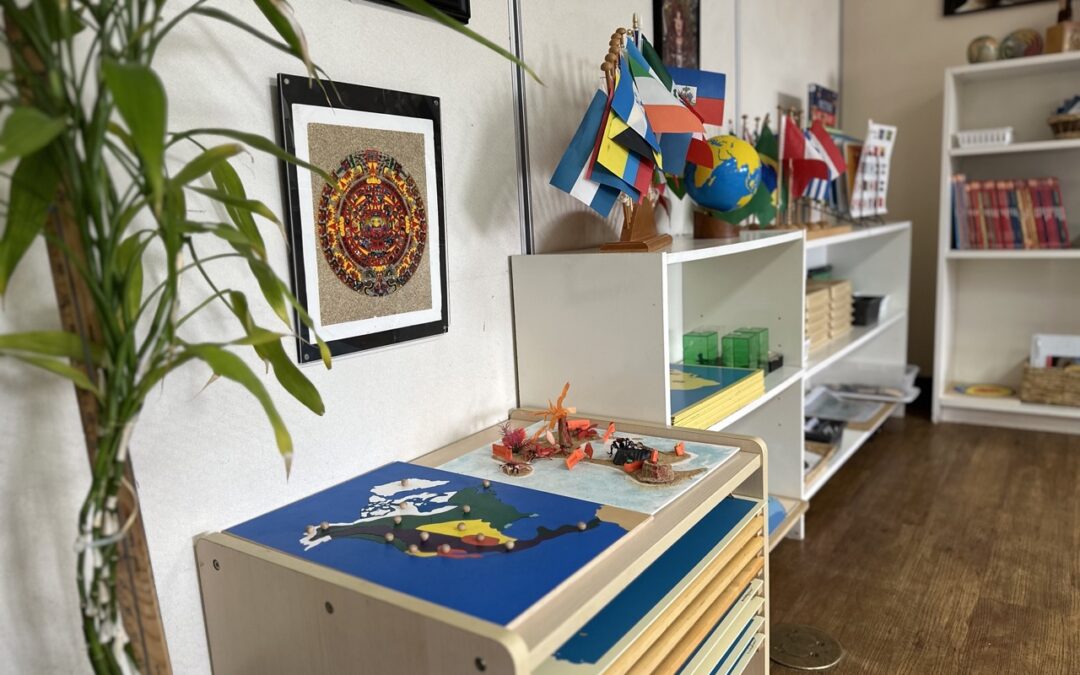Curious about Montessori education in San Antonio? This guide explores what to expect in a Montessori classroom, focusing on the prepared environment, learning approach, and teacher’s role. You’ll discover how Montessori nurtures curiosity and fosters independent learning.
Whether you’re considering this educational path for your child or simply interested in alternative teaching methods, this article will help you understand some of the unique principles and application of Montessori teaching.
Montessori Classroom Provides a Prepared Environment
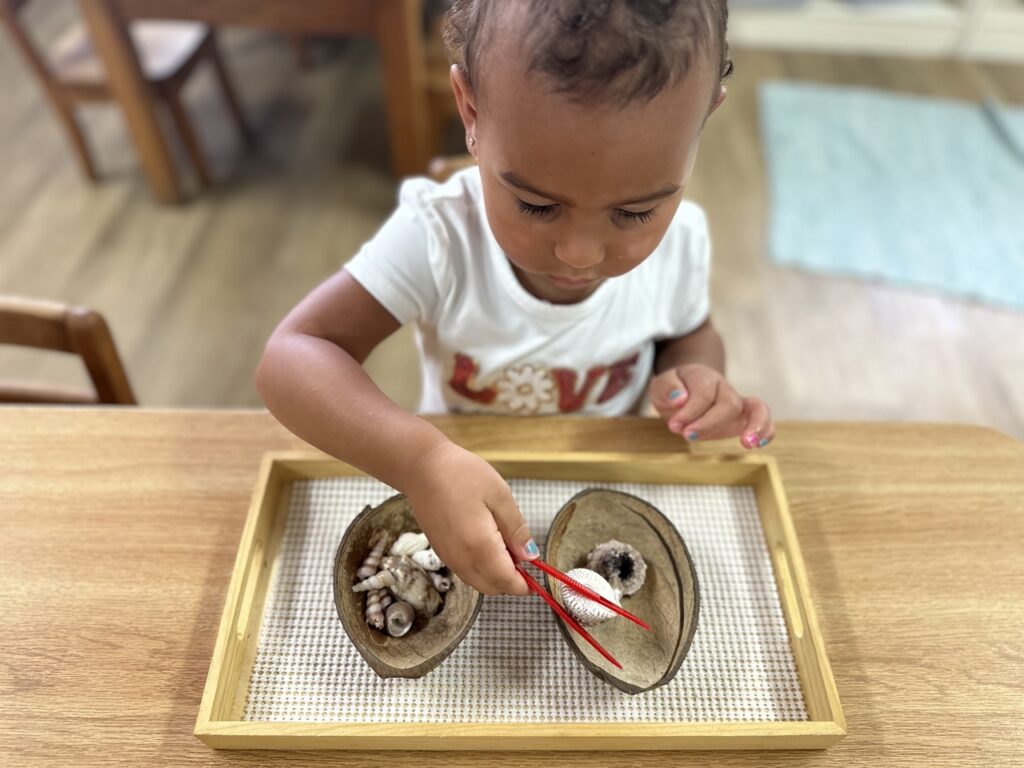
The Montessori classroom is a key piece of the teaching experience. It features child-sized furniture, accessible learning materials, and designated areas for different subjects like mathematics and language. This environment is intentionally structured to create a learning space where everything in it has a purpose and a place.
This style of classroom encourages independence and self-directed learning. Children choose activities that interest them, promoting engagement and fostering a love for learning from preschool onwards. The freedom within-limits approach allows children to follow their own interests and move freely.
The prepared environment includes a comprehensive curriculum covering various subjects. Materials are thoughtfully arranged on shelves, allowing children to explore and learn at their own pace. These materials are typically displayed from left to right in progression order, from easiest to hardest, providing a clear pathway of what to tackle next.
Key elements of a Montessori classroom include:
- Organized learning areas
- Child-sized furniture and tools
- Hands-on learning materials
- Multi-age groupings
- Freedom of movement and choice
Additionally, the Montessori classroom emphasizes:
- A calm and structured learning space
- Natural materials and a neutral color palette
- Self-correction and self-assessment opportunities
- A sense of community and mutual respect
While this information is generally applicable to Montessori classrooms worldwide, parents in San Antonio should schedule a tour with Country Day Montessori to see how a local montessori school implements the teachings in their community.
What is the Learning Approach of the Montessori Classroom?
The Montessori classroom adopts a unique learning approach centered on child-led discovery. This environment fosters skill development through mixed-age groupings, hands-on materials, and a focus on individual growth. Students in Montessori schools, from kindergarten onwards, benefit from a structured yet flexible learning environment that nurtures social skills and academic progress.
Child-Centered Learning
Child-centered learning in Montessori classrooms allows students to explore subjects like science, music, and geography at their own pace. This approach encourages children to conduct experiments, create musical compositions, and study world cultures, fostering a deep understanding of various disciplines from elementary school onward.
The Montessori method emphasizes hands-on experiences, enabling children to engage with materials that spark their curiosity. Students choose to work on science projects, practice musical instruments, or delve into geography lessons, developing a well-rounded education tailored to their interests. This approach cultivates a love for learning across diverse subjects:
- Science exploration through hands-on experiments
- Music education with instrument practice and composition
- Geography studies using maps and cultural artifacts
- Math skills development through concrete materials
- Language arts integration in various activities
What is Mixed-Age Grouping?
Mixed-age grouping is a fundamental aspect of the Montessori philosophy, promoting a collaborative learning environment. This approach allows younger children to gain knowledge from their older peers, while older students reinforce their understanding by teaching concepts to younger classmates.
Parents often notice the benefits of mixed-age classrooms, as children develop social skills and gain confidence through interactions across age groups. This structure promotes a supportive atmosphere where students learn to give and receive attention, enhancing their overall educational experience:
- Younger children learn from older peers
- Older students reinforce the knowledge by teaching
- Social skills development across age groups
- Increased confidence and leadership abilities
- Supportive learning environment for all ages
Hands-On Materials
Hands-on materials are central to the Montessori learning approach, providing concrete experiences for abstract concepts. These materials foster a sense of community as students engage in collaborative learning. From preschool through middle school, children use tactile objects to explore subjects like mathematics, language arts, and science. Taking these subjects out of books and lectures and into practical applications increases the depth of their working understanding.
The Montessori classroom offers a range of carefully designed materials that guide students out of abstraction and into concrete experience. Students interact with these materials individually or in small groups, enhancing their learning experience:
- Sensorial materials for developing perception skills
- Mathematical materials for understanding numerical concepts
- Language materials supporting literacy development
- Cultural materials for exploring geography and history
- Practical life materials for developing fine motor skills
What are the Roles of the Educator?
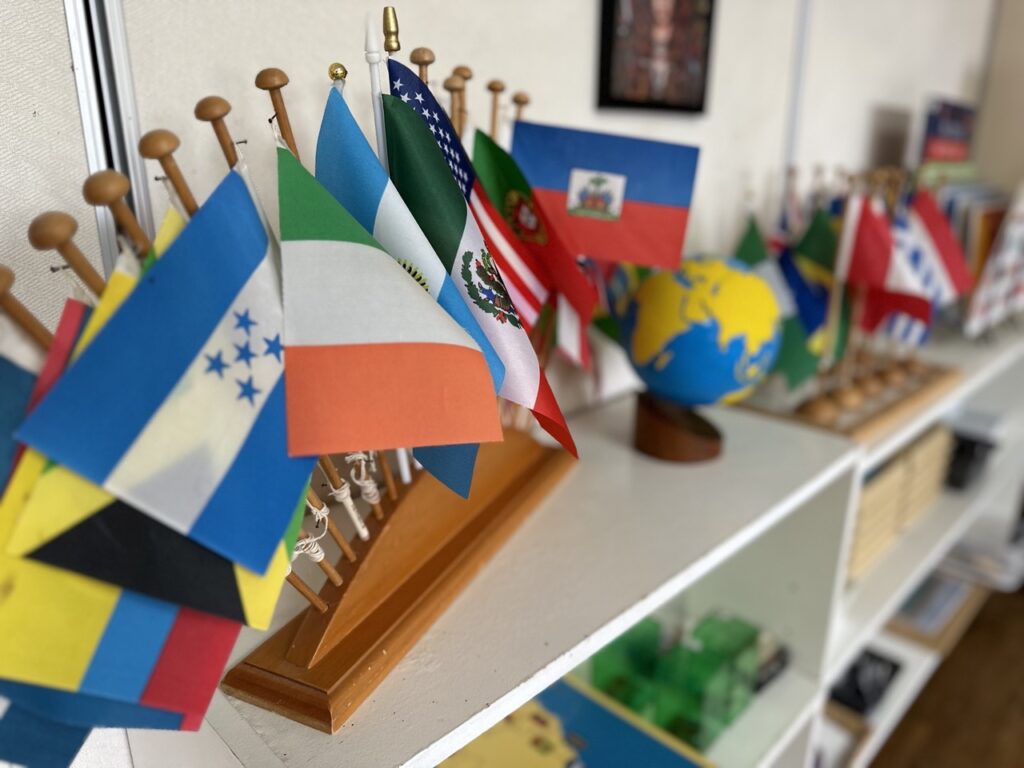
In Montessori classrooms, educators play unique roles that differ from traditional teaching methods. They serve as guides rather than instructors, fostering independence and confidence in students. Through careful observation and individualized attention, educators support each child’s learning journey across subjects like art, vocabulary, and the universe, tailoring the educational experience to individual needs and interests.
Montessori Guide Rather than Traditional Instructor
In Montessori classrooms, educators serve as guides, facilitating collaborative learning experiences for children from infant to elementary levels. They create an environment that encourages independent exploration of subjects like reading and history, allowing students to develop at their own pace.
The guide’s role extends beyond traditional teaching, as they observe each child’s progress and tailor the learning environment to support individual needs. This approach ensures that child care in Montessori settings fosters curiosity and self-directed learning, preparing students for lifelong educational success.
Observation and Individualized Attention
Montessori educators employ careful observation to understand each child’s unique developmental needs and interests. This approach allows them to guide students’ exploration of various disciplines, including grammar and imaginative activities while respecting individual learning paces and styles.
Through individualized attention, educators support child development by tailoring the learning environment to each student’s needs. They encourage self-discipline and independent thinking, fostering an atmosphere where children can freely pursue their interests across different subjects, promoting holistic growth and learning.
What is Classroom Dynamics?
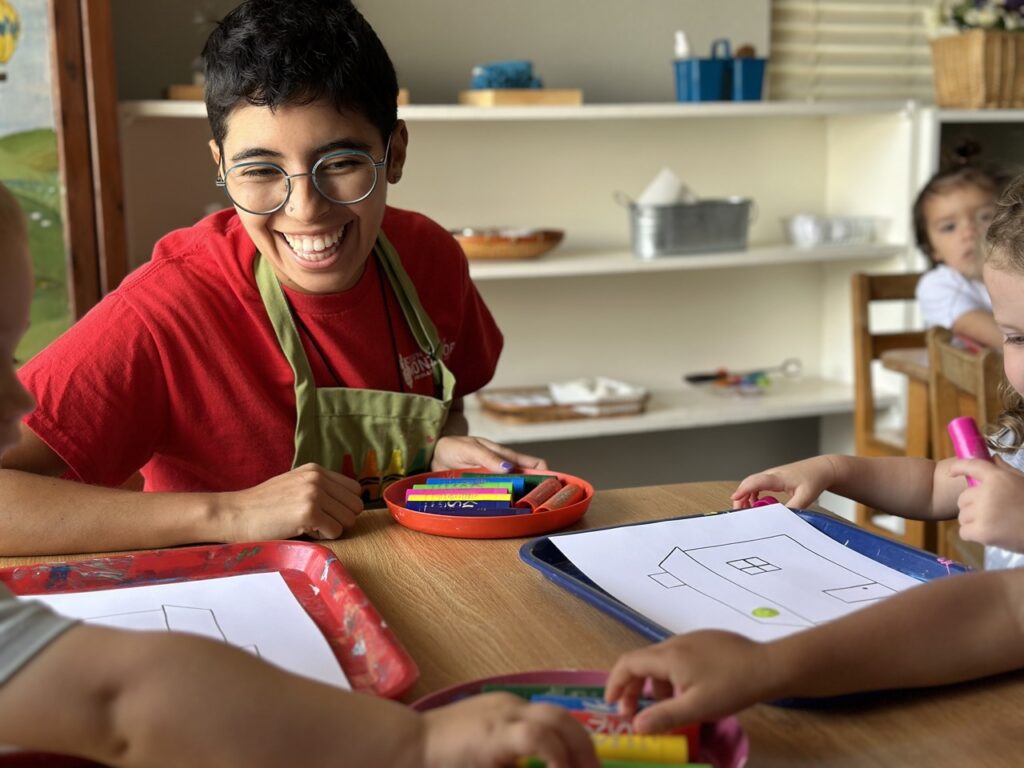
Montessori schools adopt a unique approach to classroom dynamics. The environment in these elementary centers emphasizes freedom within limits and a community-oriented atmosphere. This structure allows students to develop independence while fostering collaboration and respect for others. Understanding these dynamics helps parents appreciate the distinctive Montessori school experience.
Freedom within Limits
Children have the liberty to choose their activities and work at their own pace, fostering independence and self-motivation. However, this freedom operates within carefully defined limits, ensuring a safe and productive learning atmosphere.
The Montessori preschool environment sets clear boundaries while encouraging exploration. Teachers guide students to make responsible choices, helping them develop self-discipline and respect for others. This approach allows children to experience consequences naturally, promoting personal growth and social awareness within the Montessori classroom setting.
Community-Oriented Environment
In the Montessori classroom, children work together on projects, share resources, and learn from one another, creating a supportive atmosphere that enhances their educational experience. This approach helps students develop social skills and empathy while engaging in various activities, including phonics exercises.
The community-oriented setting in Montessori classrooms encourages children to take responsibility for their learning space and peers. Students help maintain the classroom, assist younger classmates, and participate in group discussions, promoting a sense of belonging and shared purpose. This collaborative environment supports the development of language skills, including phonics, as children interact and learn from each other in diverse learning situations.
See the Difference for Yourself – Schedule a Personalized Tour Today!
Experience the unique learning environment at Country Day Montessori, where children grow through hands-on learning and independence. Our 4.5-acre campus features barnyard animals, a butterfly greenhouse, and authentic Montessori classrooms for children from infancy to elementary.
With small group instruction and personalized learning plans, we inspire curiosity and a love of learning. Meet our caring teachers and see our classrooms in action. Schedule your tour today and discover the Country Day difference! Schedule a tour
Frequently Asked Questions
What materials are typically found in a Montessori-prepared environment?
A Montessori-prepared environment typically includes child-sized furniture, sensory materials, practical life tools, math manipulatives, language materials, and cultural items. These carefully curated resources promote independence, hands-on learning, and self-directed exploration across various developmental areas.
How do children learn in a Montessori classroom?
Learning happens through hands-on exploration and self-directed activities. Children select their tasks, engage with specially designed materials, and move at their own pace. This approach nurtures creativity, independence, and a love for learning, while also building practical life skills and academic knowledge.
What is the role of the teacher in a Montessori classroom?
Teachers in a Montessori classroom act as guides and facilitators, preparing the environment and observing children's interests and needs. They introduce materials, demonstrate lessons, and support each child's individual learning journey, fostering independence and self-directed exploration.
How do students of different ages interact in a Montessori classroom?
Students of different ages interact through collaboration and mentorship in a Montessori classroom. Older students often guide younger ones, fostering leadership skills and reinforcing their own understanding while supporting others' learning. This multi-age environment promotes social development, empathy, and a sense of community among diverse learners.
